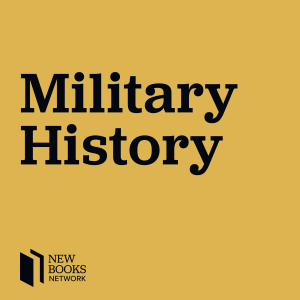
Cathal J. Nolan, "The Allure of Battle: A History of How Wars Have Been Won and Lost" (Oxford UP, 2019)
 2024-06-02
2024-06-02
History has tended to measure war's winners and losers in terms of its major engagements, battles in which the result was so clear-cut that they could be considered "decisive." Marathon, Cannae, Tours, Agincourt, Austerlitz, Sedan, Stalingrad--all resonate in the literature of war and in our imaginations as tide-turning. But were they? As Cathal J. Nolan demonstrates in The Allure of Battle: A History of How Wars Have Been Won and Lost (Oxford University Press, 2019), victory in major wars usually has been determined in other ways. Even the most legendarily lopsided of battles did not necessarily decide their outcomes. Nolan also challenges the hoary concept of the military "genius," even of the Great Captains--from Alexander to Frederick and Napoleon--mapping instead the decent into total war.
The Allure of Battle systematically recreates and analyzes the major campaigns among the Great Powers, from the Middle Ages through the 20th century, from the fall of Byzantium to the defeat of the Axis powers, tracing the illusion of "short-war thinking," the hope that victory might be swift and conflict brief. Such as almost never been the case. Even one-sided battles have mainly contributed to victory or defeat by accelerating erosion of the other side's defenses, resources, and will.
Learn more about your ad choices. Visit megaphone.fm/adchoices
Support our show by becoming a premium member! https://newbooksnetwork.supportingcast.fm/military-history
More Episodes
Create your
podcast in
minutes
- Full-featured podcast site
- Unlimited storage and bandwidth
- Comprehensive podcast stats
- Distribute to Apple Podcasts, Spotify, and more
- Make money with your podcast
It is Free
- Privacy Policy
- Cookie Policy
- Terms of Use
- Consent Preferences
- Copyright © 2015-2024 Podbean.com





